Trial (1955) Online
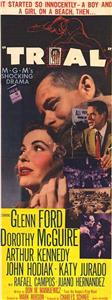
The story of a murder trial where a Mexican boy is accused of the death of a Caucasian girl. The two-faced attorney (Arthur Kennedy) who takes the boy's case is only interested in defending him so he can exploit his Communist-backed organization for their own underhanded purposes. He and his organization bring in an idealistic law professor (Glenn Ford) who agrees to represent the boy in court.
| Complete credited cast: | |||
| Glenn Ford | - | David Blake | |
| Dorothy McGuire | - | Abbe Nyle | |
| Arthur Kennedy | - | Barney Castle | |
| John Hodiak | - | District Attorney John J. Armstrong | |
| Katy Jurado | - | Consuela Chavez | |
| Rafael Campos | - | Angel Chavez | |
| Juano Hernandez | - | Judge Theodore Motley | |
| Robert Middleton | - | A.A. 'Fats' Sanders | |
| John Hoyt | - | Ralph Castillo | |
| Paul Guilfoyle | - | Cap Grant | |
| Elisha Cook Jr. | - | Finn (as Elisha Cook) | |
| Ann Lee | - | Gail Wiltse | |
| Whit Bissell | - | Sam Wiltse | |
| Richard Gaines | - | Dr. Johannes Schacter | |
| Barry Kelley | - | Jim Brackett |
According to contemporary newspaper articles, the rally scene was shot at the Shrine Auditorium in Los Angeles over three days and used 2,000 extras - 750 of which were students from the nearby University of Southern California.
This film did well at the box office, earning MGM a profit of $518,000 ($4.79M in 2017) according to studio records.
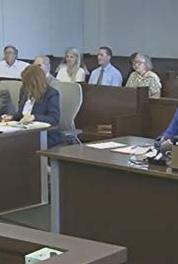
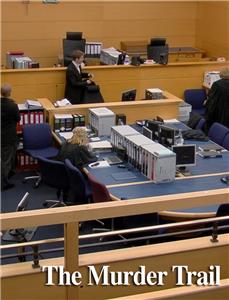
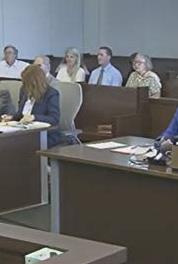
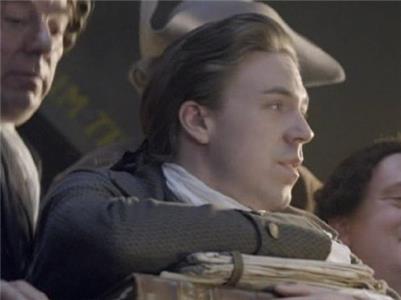
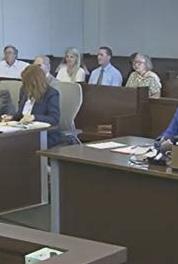
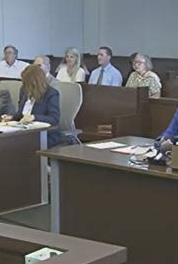
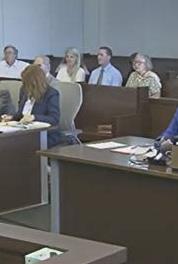
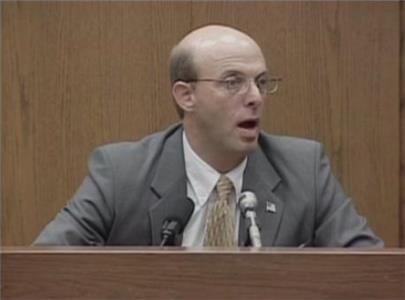
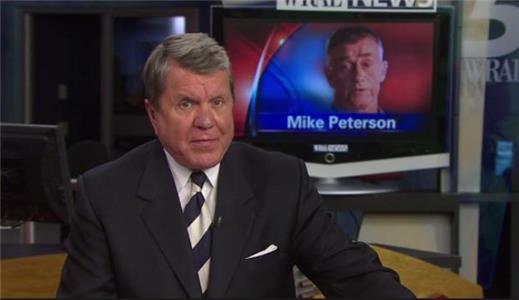
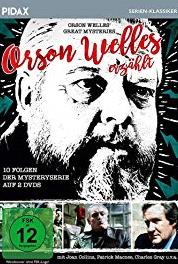
User reviews